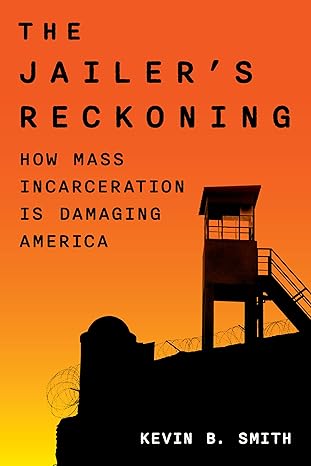Is Michelle Alexander Wrong? Not even that arguably, one of the most cited texts in the field of mass incarceration examinations is Michelle Alexander's The New Jim Crow, which alleges that the rise of mass incarceration is *solely* due to racism. Here, Smith puts that claim - and many others, including competing theories alleging racism has nothing to do with it at all - to the test, and, well, as he notes early in the text... pretty well *no* partisan is going to be happy with what he finds. He proclaims - and throughout the text shows - that almost no matter what you think causes mass incarceration... you're probably at least partially wrong.
I'm not going to get into his actual conclusions here, you need to read this book for yourself to see them.
I will say that the text is reasonably well documented, clocking in at 23% of the text I read and with Smith claiming to have an even more extensive online appendix (which I have not examined at review time) detailing his methodologies used throughout the text.
Ultimately this is a short ish (sub 200 page) yet dense read, accessible to the non-scholar (in that the methodology discussion *is* left to said online appendix) yet still with a *lot* of at least discussion of the mathematical results (if a bit of hand waving about *precisely* how he got there, likely more detailed in that appendix). Still, if you're interested in the causes of mass incarceration, what mass incarceration is costing the US, and at least a few potential suggestions on what might be looked into for potential solutions... this is actually a remarkable text, one that *should* supplant Alexander's as among the most cited in the field. We'll see if that happens. ;)
Very much recommended.

